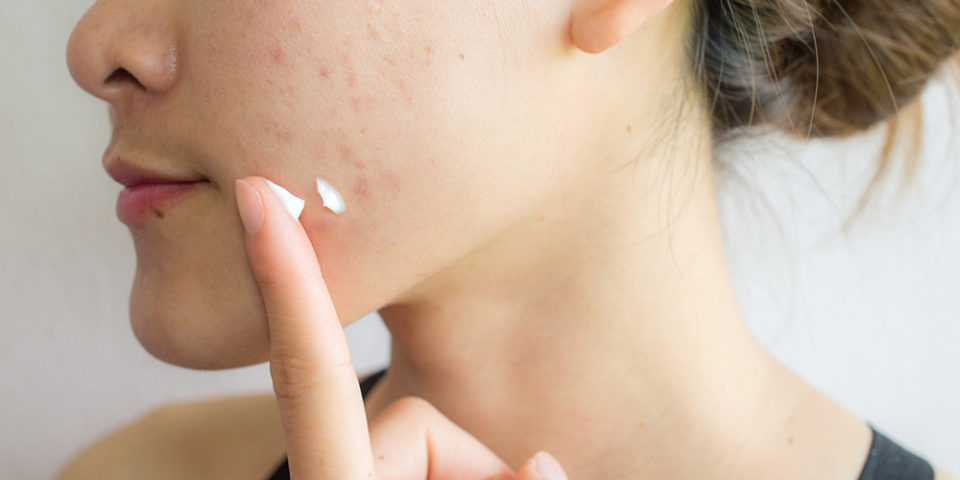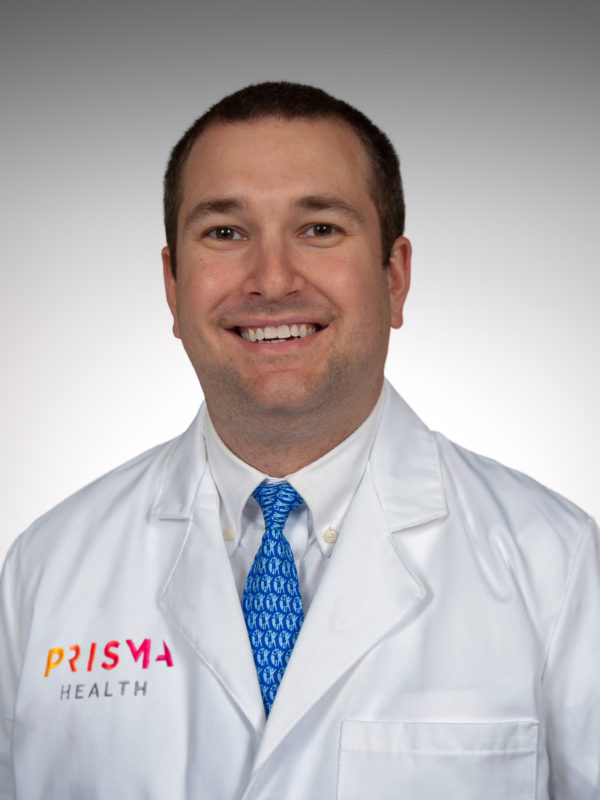3 common acne myths
Most teens would agree that acne is a downer. Commonly known as pimples or zits, acne increases self-consciousness, decreases self-esteem, and increases anxiety and depression. Acne can be successfully managed, but common acne myths often lead to a delay in treatment.
Pediatrician Ryan Hensley, MD, debunked some of these myths and outlined some treatments that can help.
Acne is not caused by eating fried food and chocolate. This is one of the most common acne myths to be repeated, but it’s just not true. Acne is actually caused by clogged pores and subsequent inflammation and infection. Hormonal changes at puberty increase the production of oil, which along with dead skin cells, clog the pores.
Acne is not caused by poor hygiene. While some oil can be removed with face washing, the amount of oil being produced will not decrease. Scrubbing can damage the skin and make acne worse.
Popping pimples does not make acne go away faster. It can actually make acne worse and cause other problems, like scarring or infection.
“Don’t suffer needlessly,” Dr. Hensley said. “If you have acne, treat it!”
Over-the-counter medications, such as creams and gels, are often successful, but prescription medications are available as well. Available options include a variety of products such as:
- Topical antibiotics
- Oral antibiotics
- Oral retinoids
“If these medications are not successful after several weeks or months, ask your doctor about other options. Your acne can be managed. You just have to ask,” Dr. Hensley said.
Find the care you need, close to home
Our primary care physicians provide well visits and everyday care when you need it with compassion and expertise.
Find Primary Care Near You

